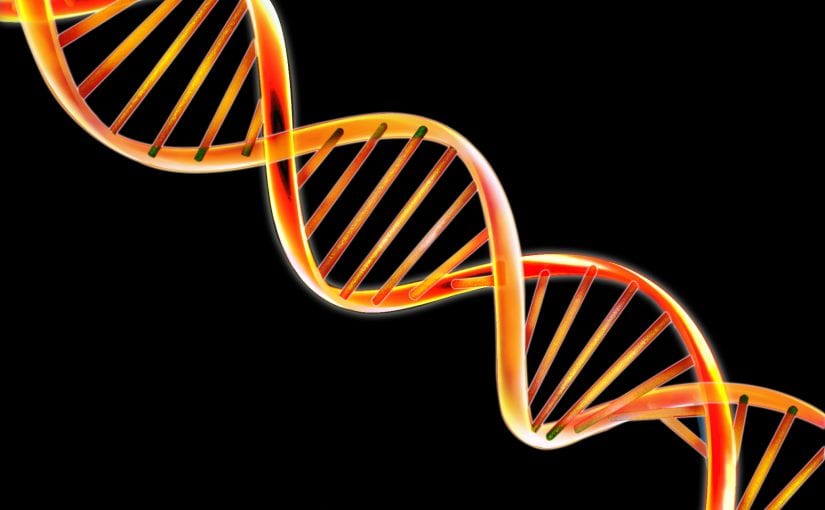Psychology and history look at events affecting large numbers of people – psychology to understand behavior, and history to document it for posterity. A fairly recent convergence of the two fields comes in the forms of a study about how trauma can be inherited by the children of parents who experience it. The study (link to study) looks at how the trauma experienced by Holocaust survivors affects subsequent generations genetically – the idea being that these children are genetically vulnerable to PTSD, anxiety disorders, and possibly more.
While the science is complicated, the implications are even more nuanced. It raises a lot of questions, including how many generations could be affected (a case for slavery) and what the interplay is with race, socioeconomic status, culture, etc. With socioeconomically driven tension on the rise in America, what does this mean for how we understand generational disadvantages, social cycles of inequality, and neighborhoods characterized by violence? The emergence of this information, while still scientifically contested, raises more questions than answers; but the questions being asked seem to be ones that can challenge preexisting assumptions, structures, and norms – which could mean the kind of social progress and understanding we need.

